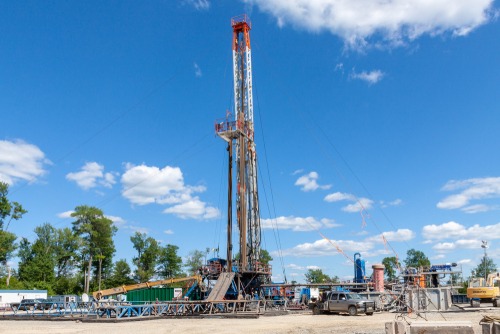
Impact fees generated by Pennsylvania’s shale gas wells are expected to reach levels exceeding last year, a new report from the Independent Fiscal Office says, sending more than $230 million in revenue back to local communities.
The report estimated a surge in natural gas prices would drive up impact fees to $233.8 million for 2021, an amount nearly $90 million higher than the previous year. Pennsylvania imposes an annual impact fee on unconventional (i.e., shale) natural gas wells drilled or operating in the previous calendar year. Those proceeds are then distributed to local governments and state agencies to provide for infrastructure, emergency services, environmental initiatives, and other programs.
“With more than $2.2 billion generated, including a near-record $234 million this year, the natural gas impact fee is a proven, effective tax policy for each of Pennsylvania’s 67 counties and statewide environmental programs,” said Marcellus Shale Coalition president David Callahan. “Levied on top of all other business taxes paid in the Commonwealth, this tax structure empowers local leaders with the ability to target revenues to best meet their community needs while creating a predictable, workable climate that’s key to attracting job-creating investment and growth.”
The report credited rising global demand, as the world’s economies begin to recover from the COVID-19 pandemic, for the rise in the annual average price of Pennsylvania natural gas. The fiscal office said that prices more than doubled to $3.15 per thousand cubic feet.
The 2021 impact fee was the highest in three years. In 2018, the impact fee totaled 251.8 million but dropped to $200.4 million in 2019 and $146.3 million in 2020.